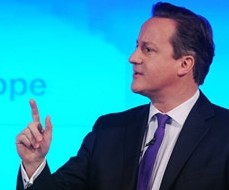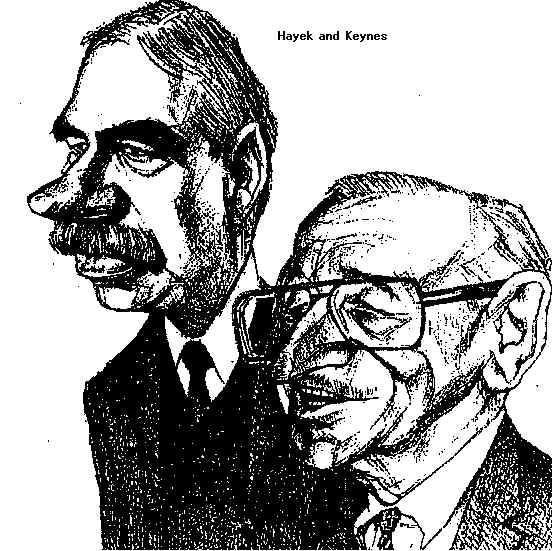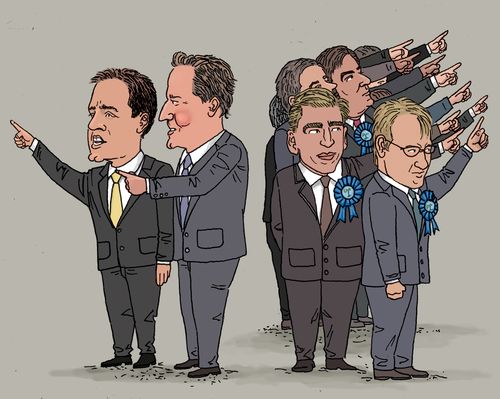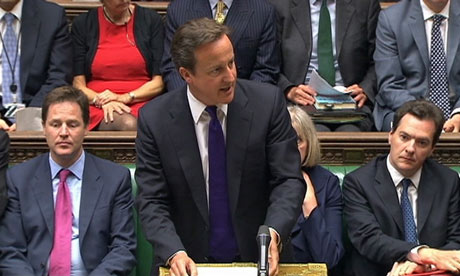
Predicting the Eastleigh by-election
Tomorrow the voters of Eastleigh go to the polls to select a new MP following the resignation of Chris Huhne. The eyes of observers of British politics are keenly trained on the outcome of the by-election because it might give us some early clues to some serious questions about the next election: How are voters going to respond when faced with two incumbent government parties? Is Liberal Democrat support going to evaporate? What is the effect of UKIP going to be?

Playing the referendum game
This morning, in his much anticipated speech on the European Union, David Cameron announced that he would seek to renegotiate the terms of the UK’s membership of the EU and then offer an in/out referendum to the British public. It was the sort of ‘announcement’ only possible in politics – something we’ve more or less known was coming for months, the details of which were released the night before.

The referendum is not an instrument of democracy
On Monday David Cameron and Alex Salmond signed an agreement allowing the Scottish government to hold a referendum on independence. The Scotland independence referendum will be the latest in an ever growing list of referendums held in the UK that began in earnest with the Blair government.

Contemporary British Politics and the Phenomenon of the Guru
What do John Maynard Keynes, Michael Young, Thomas Balogh, Friedrich von Hayek, Milton Friedman, Eric Hobsbawm, Anthony Giddens, Phillip Blond, Tim Soutphommasane and Michael Sandel have in common? Apart from them all being intellectual men, they were, at one time or another, recognised, often by everybody except themselves, as ‘gurus’.

A Shift to the Right: Conservatism Beyond Cameron’s Coalition
‘Conservatives need to recast the argument about free enterprise for a new age, or risk losing the debate to a tide of anti-market socialisation.’ Elizabeth Truss MP David Cameron’s first major Cabinet reshuffle since becoming Prime Minister in May 2010 was accused or hailed as signifying a ‘shift to the right’. The bruiser of the Tory Left Kenneth Clarke was replaced at the Ministry of Justice by Chris Grayling, a darling of the Tory Right. Matthew Hancock and Michael Fallon, two unabashed Thatcherites, have been installed as Business ministers whose primary purpose is to restrain the egalitarian and regulatory urges of Vince Cable. Other signals that the Coalition has moved to the ideological Right bear witness with …
Cutting the Costs of Bureaucracy: Are We Nearly There Yet and How Would We Know?
In 1955 G.A. Campbell wrote ‘[s]o long as officials obtained the whole or part of their income from fees, the total cost of the Service remained hidden. Parliament needed to provide no money at all for salaries in some departments, and where revenue did not balance expenditure it voted only for the difference. Under the new arrangements [after 1837] Parliament saw for the first time the wages bill of the public administration. The cost seemed to members of both Houses to be enormous. […] There has never since been a time when Parliament has not thought the Civil Service to be too costly and sought, more or less urgently, for economies in administration.’ (The Civil Service in Britain, Penguin, p. …
History written and rewritten
John Sentamu, the Archbishop of York, recently posted a long statement explaining his opposition to same-sex marriage. Some of it appeared in the Guardian and on the Guardian’s CIF Belief blog. In it he referenced an interview he recently gave to the Daily Telegraph, which contains the following statement: We supported Civil Partnerships (the bishops in the House of Lords), because we believe that friendships are good for everybody. Like other religious opponents of same-sex marriage, he goes on to argue that civil partnership is “in every respect in ethical terms an honourable contract of a committed relationship”. Same-sex couples, he therefore says, should not press for marriage. But his factual claim is false. The main Lords debate on the …

‘The West’s most radical government’: A Mid-Term Assessment of Cameron’s ‘Conservative-led’ Coalition
The ‘Conservative-led’ Coalition Government, to apply Sir Winston Churchill’s oft-quoted comment on Russia, is nothing short of ‘a riddle wrapped in a mystery inside an enigma’. Nevertheless, we can can try to decode its behaviour in both ideological terms and its necessary translation into action-oriented public policy positions. It shouldn’t be hard. The Economist recently described the Cameron Government as the ‘West’s most radical government’. The formation of the Coalition, to use the jargon of political science, was potentially an ‘inflection point’ in British politics. It has, even with a limited two-year perspective, the potential to be as seismic a political benchmark as the 1945 landslide victory for Clement Attlee’s programme for democratic socialism or Mrs Thatcher’s 1979 election victory …









